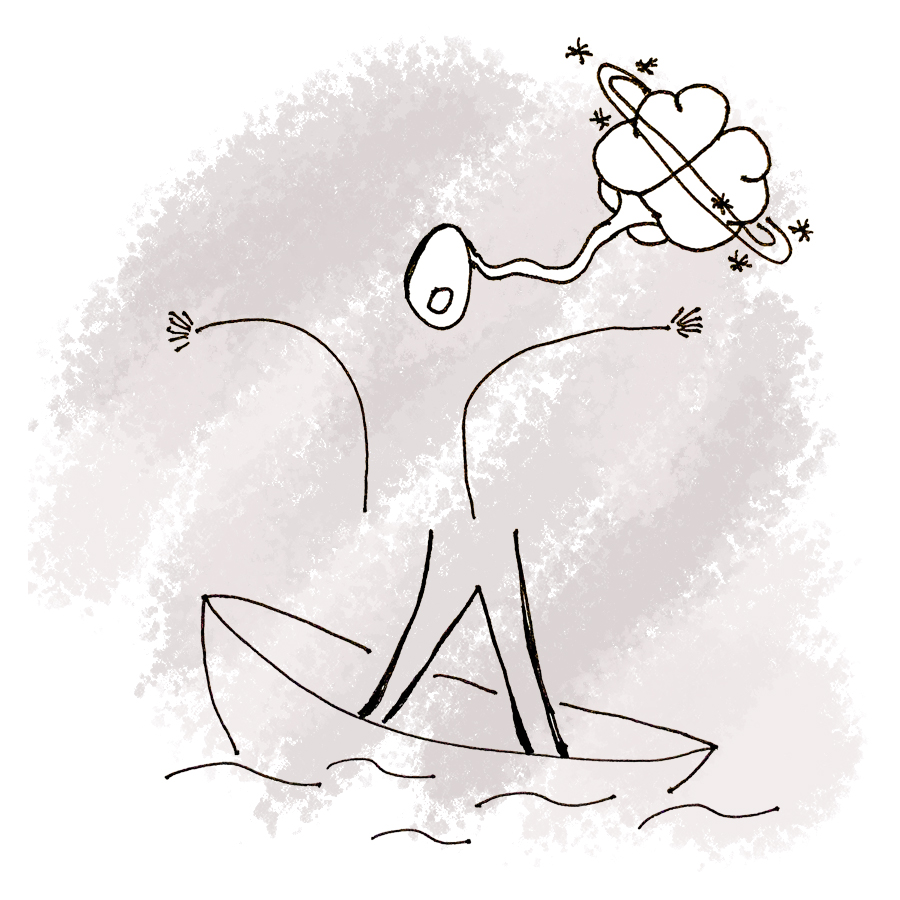Dizziness

For the last three years, Covid long haulers have had to become their own advocates and researchers as they lobby for recognition, funding and proper healthcare. Their knowledge has been hard-won against a backdrop of sickness. They’ve pushed through symptoms that ravaged their previously able-bodies and become the experts of their own disease.
That is why we decided that all the symptoms on this website should be written by patients, for patients. As our co-founder Jenene Crossan says “They poured their hearts, their souls and their deep determination to find just enough energy to put their experiences down for others to benefit from”.
Although we do not intend to give medical advice, the articles have been fact-checked by a wonderful doctor who is suffering from Long Covid too.
About the author
I was in my late 40s when I caught Covid-19 in May 2022. Life was busy, with a big family and a growing therapy practice. Although I wasn’t as fit as I had been in my 20s and 30s, I was quite physical. I could easily walk or bike to the shops and meet my kids from school. My mahi | work involved a lot of ‘thinking on my feet’ and admin responsibilities involved a fair amount of time on my computer.
My life now is a lot slower. I know that I must pace myself and factor in whakatā | rest periods. My body feels like a faulty phone battery saying it’s 100% charged, but it’s actually only 50% charged, and needs regular top-ups during the day so it doesn’t crash to 0% without warning. Dizziness is the last stage of my ‘battery crash’.
Fortunately, I can work with a reduced caseload. But prioritising work creates a trade-off against other activities I enjoy. Sometimes, by necessity or by choice, I exceed my limits and this will result in a ‘crash’. Then it takes a few days, sometimes longer, to recover. I need a lot of moe | sleep. Certain triggers, such as heat, seem to directly cause dizzy spells no matter how carefully I pace myself.
– Female, Pākehā, Pari-ā-Rua/Porirua

